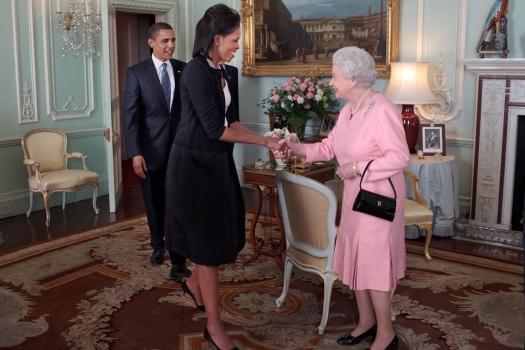Why Do Brits and Americans Spell Words Differently?

Two people, one common language… sort of. Center vs. centre, color vs. colour, realize vs. realise — a seemingly endless list of spelling divergences have cropped up in the 250 years since the colonies and United Kingdom were ruled by one and the same king. Why are there so many differences in British and American spelling, and how did they creep in?
Each word has its own unique history, but the primary mover and shaker in this transatlantic drama is the nineteenth century American lexicographer Noah Webster, he of dictionary fame. According to "A History of English Spelling" (Manchester University, 2011) by D.G. Scragg, Webster's dictionary of 1828 is largely responsible for standardizing the accepted spelling of American English.
Before 1828, many words, such as humor (or humour), defense (or defence) and fiber (or fibre), had two acceptable spellings on both sides of the pond, because they were introduced in England via both Latin and French, which used different spellings. Webster picked his preferred forms (the former ones in each example above), justifying his choices in various ways, but partly on nationalist grounds: he wanted American spelling to be distinct from, and (in his opinion) superior to, British spelling. [Why Can't Germans Pronounce 'Squirrel'?]
"Since the book was successful in establishing its authority throughout the States, [Webster's spelling variants] have been generally recognized as American forms," Scragg writes. "In that sense Webster was the first to differentiate between British and American usage, and in that it was frequently he who chose the variant of two spellings in early nineteenth-century use which have subsequently been preferred in the United States, he can be said to have influenced the development of spelling. He is in a way 'responsible' for such forms as center, color and defense."
Some of Webster's changes spread to England, such as his choice of dropping the "k" on the end of words like musick and publick. Others did not. In fact, though many of the word forms adopted by Webster in his dictionary were originally acceptable in England, they came to be used less frequently there over time, because they were regarded as "Americanisms." For example, today, British newspapers and magazines such as The Times and The Economist use "-ise" on the end of words such as realise, organise and recognise, even though the "-ize" ending is also technically correct in the U.K.
But America is difficult to ignore, especially where we have adopted more economical forms of words, such as program instead of programme. "Despite the still widespread dislike of American forms prevalent in Britain, it is likely that publishers will be unable ultimately to resist the saving in paper, ink and type-setting labour involved in the shortened forms," Scragg writes. He notes that many of the British tabloids have dropped the longer forms of words already, while the more serious newspapers are clinging to them, tooth and nail.
Follow Natalie Wolchover on Twitter @nattyover. Follow Life's Little Mysteries on Twitter @llmysteries and join us on Facebook.
Get the world’s most fascinating discoveries delivered straight to your inbox.
Natalie Wolchover was a staff writer for Live Science from 2010 to 2012 and is currently a senior physics writer and editor for Quanta Magazine. She holds a bachelor's degree in physics from Tufts University and has studied physics at the University of California, Berkeley. Along with the staff of Quanta, Wolchover won the 2022 Pulitzer Prize for explanatory writing for her work on the building of the James Webb Space Telescope. Her work has also appeared in the The Best American Science and Nature Writing and The Best Writing on Mathematics, Nature, The New Yorker and Popular Science. She was the 2016 winner of the Evert Clark/Seth Payne Award, an annual prize for young science journalists, as well as the winner of the 2017 Science Communication Award for the American Institute of Physics.




